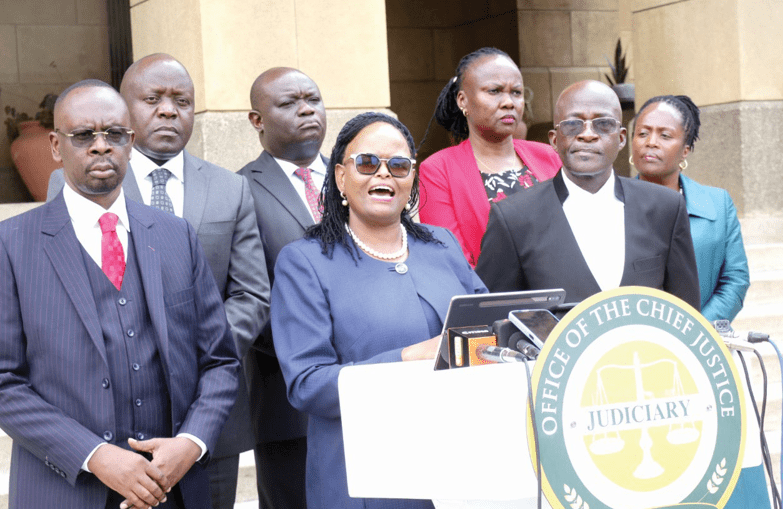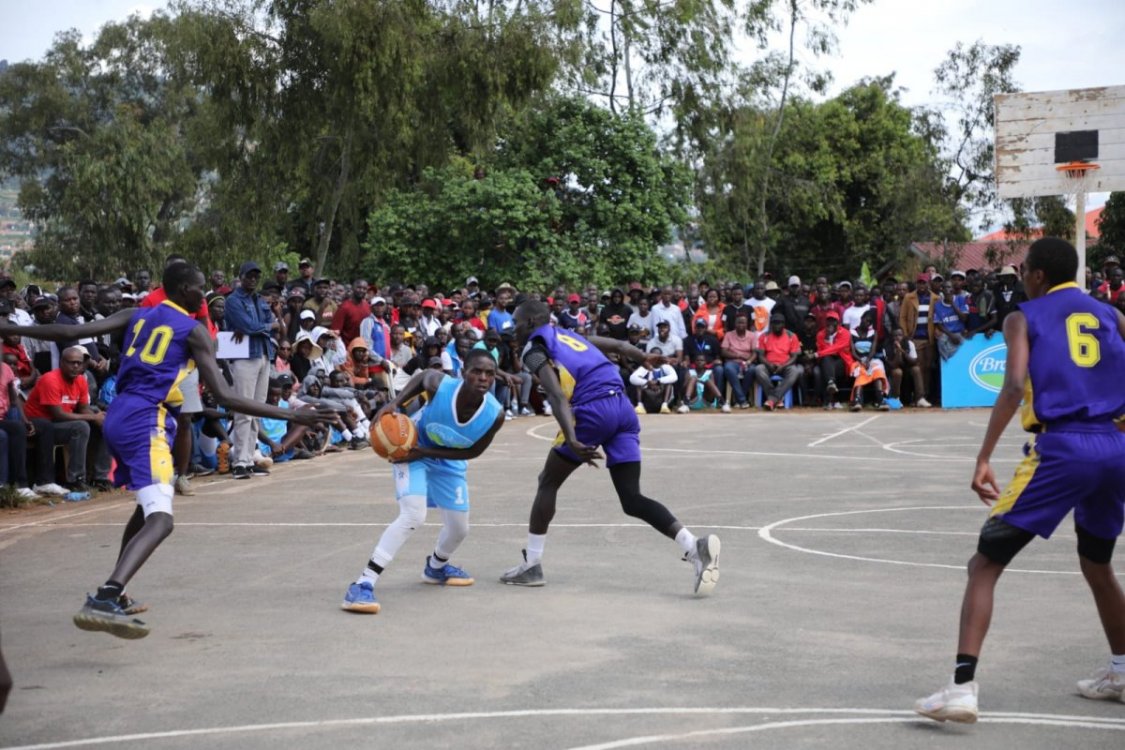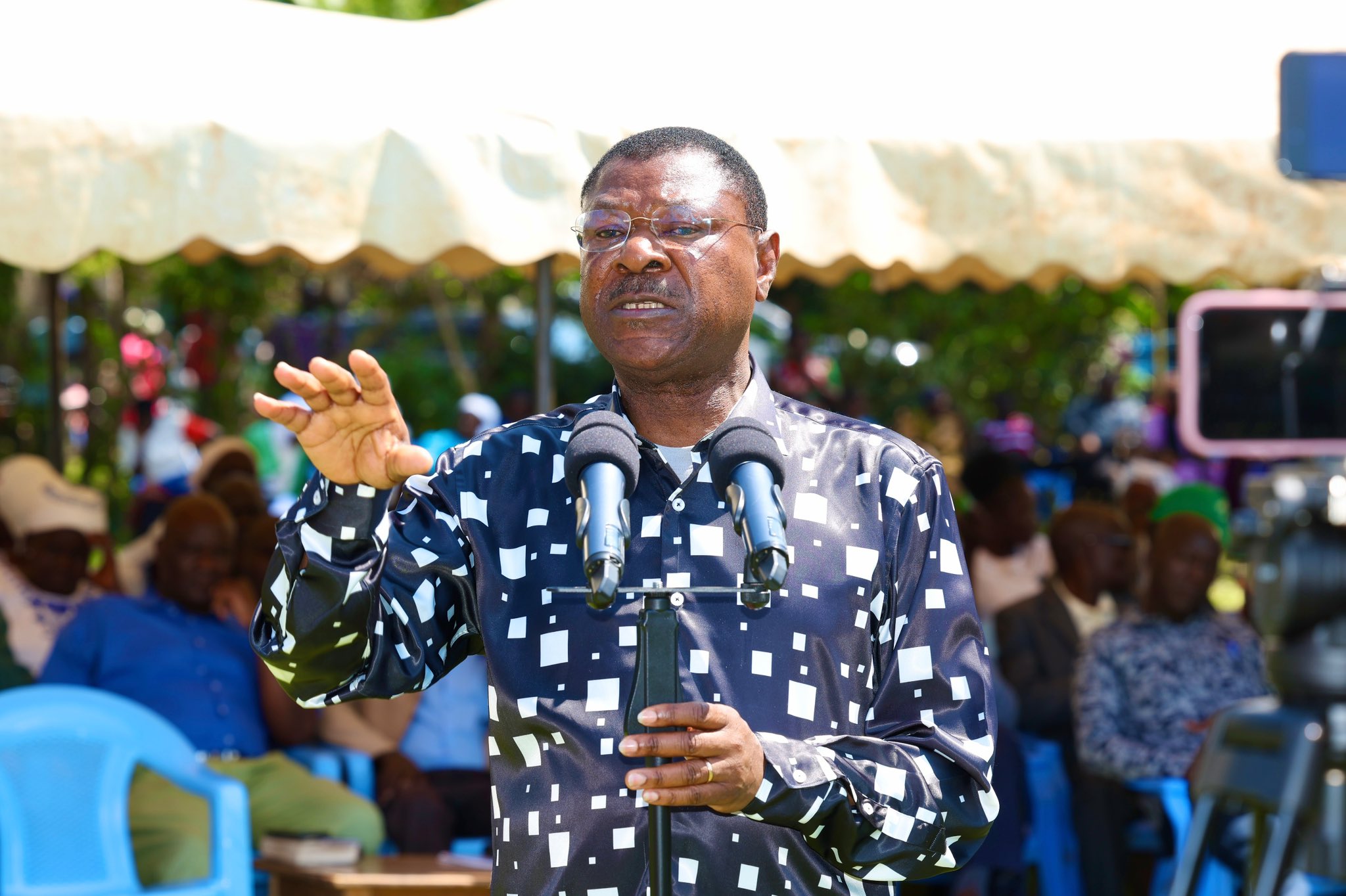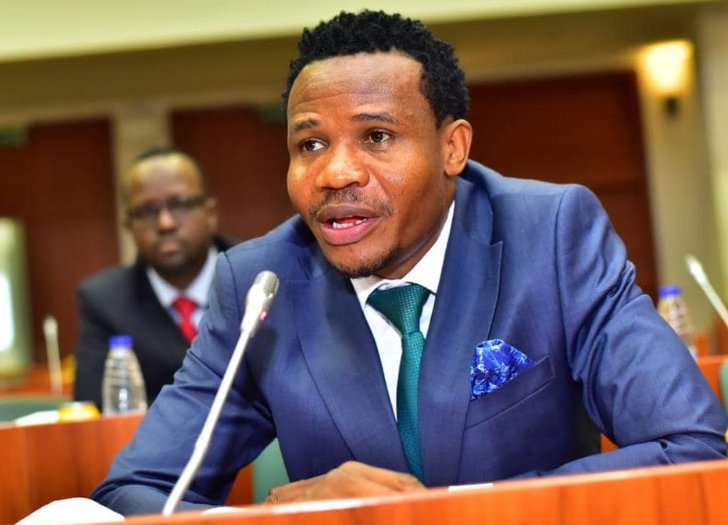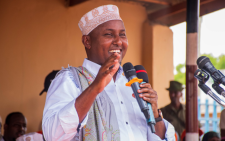Judiciary asks for more cash to settle cases
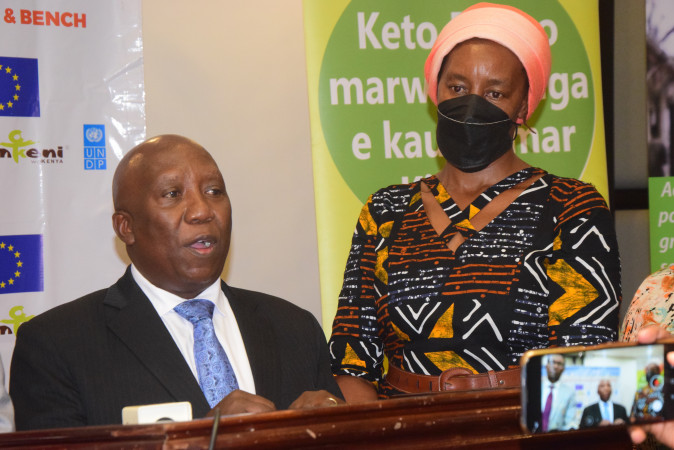
The Judiciary needs Sh500 million annually to facilitate mediation of political disputes, land succession cases, and family wrangles, among others, a High Court judge has said.
The National Task Force on Mediation Chairman, Justice Fred Ochieng (above), said they run on a budget of Sh50 million, which is a drop in the ocean.“We have a minimal budget, yet 80 per cent of disputes go through the alternative justice system. Only 20 per cent reach the law courts,’’ he said.
Ochieng urged the National Treasury to factor in Sh500 million to enable them to constitute and remunerate mediation committees.
Already, he said, they have made good efforts to use community elders to resolve complex land succession issues and family wrangles since 2019.
Ochieng was speaking during the launch of a legal aid centre at Kisumu law courts to improve access to justice, especially for the poor.
The judge attributed the development to hefty costs charged by advocates, hence the alternative mediation system. He disclosed that the Judiciary had rolled out mediation as an alternative dispute resolution method to 11 High Courts.
The Civil Society Network Organisations in Kisumu, led by Betty Okero, praised the role played by mediation teams. The sentiments were echoed by Dr Phoebe Akinyi, a mediation committee member in Kisumu.
“We need now intend to move with the same zeal to all the magistrates’ courts across the country, ’Ochieng said adding, were it not of Corona virus that slammed a break on the process, they would be done by 2020
Currently, the Taskforce team is in Kisumu County to engage internal and external stakeholders such as advocates, Court Users Committees (CUCs), mediators, county leaders, media, community leaders and members of the public on court annexed mediation.
He said Registries will be set up to receive mediation matters and all civil matters filed at the courts will be subjected to mandatory screening and if found suitable, will be referred to mediation.
It is expected the implementation of court annexed mediation will increase efficiency at the Judiciary and enhance access to justice, by empowering the mediation Committees to fast conflict resolutions.
So far, the pilot phase that officially came to an end last year has been widely regarded as a success owing to the 55.7 per cent and 53.8 percent settlement rate in Family and Commercial Divisions.
Ochieng said they will also still use the virtual court system to expedite dispensation of justice and to enhance determination of matters before the courts quickly courtesy of information Technology.
The Civil society Network Organizations in Kisumu led by Betty Okero, lauded the role played by the mediation teams especially in resolving land disputes and domestic brawl.
“Although, they have made some remarkable strides in the Alternative Justice System, particularly in Court Annexed Mediation, they still need to do more,” Okero said.
Dr Phoebe Akinyi, a mediation committee member in Kisumu said as mediation gets entrenched into the country’s legal system, it will reduce the burden of case backlog in courts.
“The mediation will bring about a qualitative change in the focus of the legal system from litigation to mediation of disputes,” she said
Since its inception, the mediation team has unlocked more than Sh10 billion which had been held back in the economy due to adversarial court litigations.
Another benefit of mediation is that it is less emotionally draining compared to court cases.
This has assisted to restore many broken relationships as it provides parties with the opportunity to settle disputes in a reconciliatory manner.
Under the adversarial court trials, it takes an average of 673 days (close to two years) to settle simple civil matters and longer for complex matters.
But with the adoption of the mediation teams, as an alternative justice system, matters are settled within 70 days.
The speedy settlement of cases through mediation has contributed to Kenya’s improved ranking in the 2020 World Bank Ease of Doing Business Index at 56 out of 190 countries.
Other partners embracing mediation are lawyers who were previously perceived to be against the alternative justice system.

